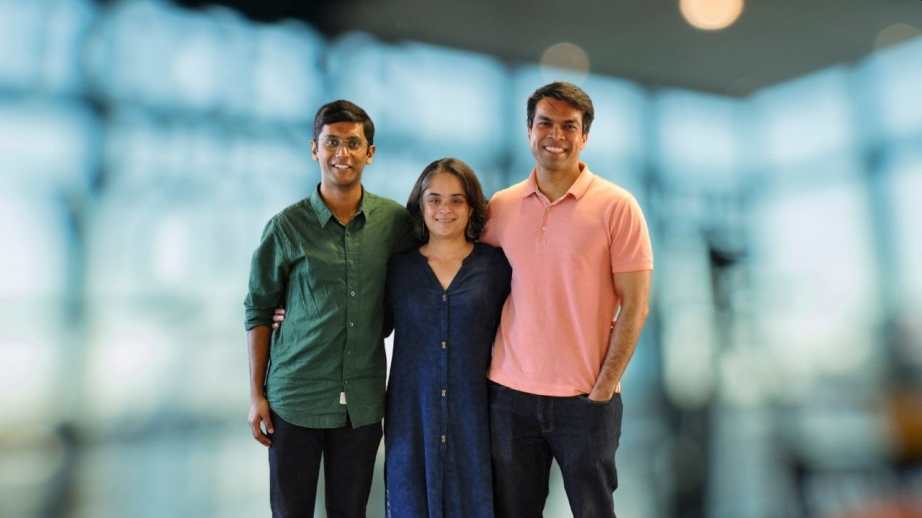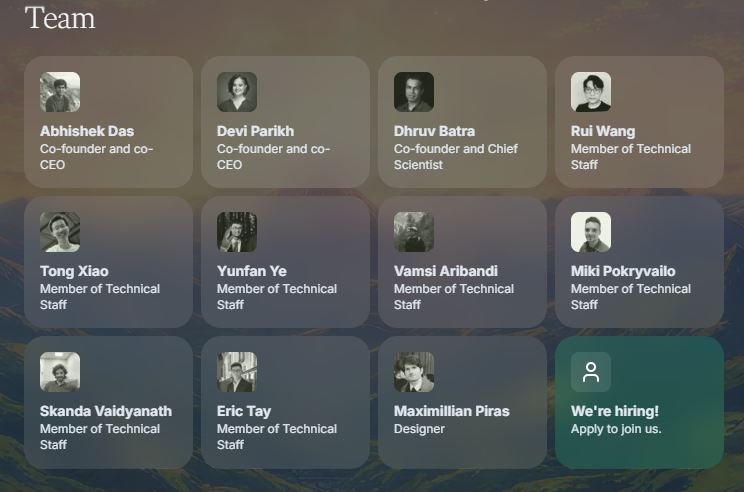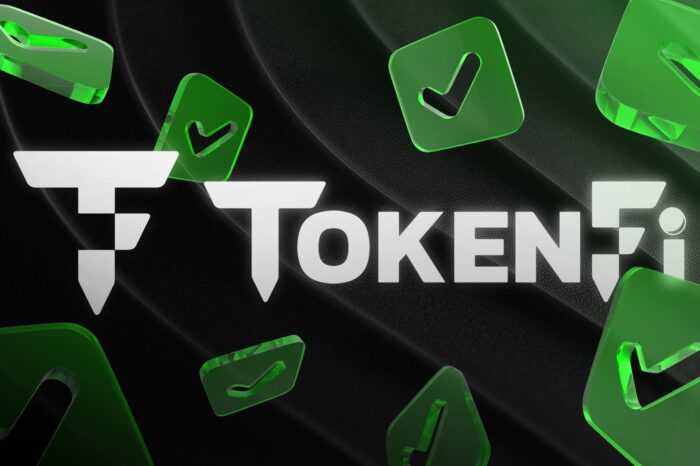Yutori, an AI assistant startup founded by ex-Meta execs, raises $15M to build agents that go beyond chat—backed by ‘AI Godmother’ Fei-Fei Li and Jeff Dean

Yutori, a new AI startup out of San Francisco, just came out of stealth mode with $15 million in seed funding and a bold pitch: personal AI assistants that can actually complete tasks for you, not just chat about them.
Emerging from stealth, Yutori aims to build trustworthy, task-completing AI agents with an “agent-first” approach—tapping into tech veterans from Meta, Google, Stanford, and CMU.
The round was led by Radical Ventures and joined by Felicis, along with a standout group of angel investors including “AI Godmother” Fei-Fei Li, Jeff Dean, Elad Gil, Sarah Guo (Conviction), and Sandhya Venkatachalam (Axiom). Other backers include Replit CEO Amjad Masad, Notion COO Akshay Kothari, Vercel’s Guillermo Rauch, and several AI product leaders from Google and Meta.
Founded by former Meta AI leaders Devi Parikh, Dhruv Batra, and Abhishek Das, Yutori wants to take AI agents beyond the limits of current chatbot experiences. “Productivity isn’t about cramming more into your day — it’s about reclaiming your attention for what truly matters,” said Parikh. The team is building what they describe as a “chief of staff for everyone”—a personal AI assistant you can actually count on to get things done online.
“We are building the entire stack to be agent-first, from training our own models to generative product interfaces. We’re doing this with a world-class founding team that previously worked at Meta (Llama 3 & 4, FAIR), Google (Gemini), DeepMind, Microsoft Research, Tesla Autopilot, Palantir, Minion, Riot Games, Headliner, 8tracks, Stanford, CMU, Georgia Tech, etc.,” the startup said on its website.
That means handling real tasks—scheduling, ordering food, booking trips, dealing with transactions—not just answering questions or holding a conversation. The current generation of chatbots, even with the latest large language models (LLMs), often fall short when it comes to executing longer, multi-step tasks. Yutori’s answer is to stop centering everything around LLMs and instead build around the agent itself.
This shift is what co-founder Abhishek Das calls an “agent-first” approach. “When you’re reimagining, from scratch, the interface between consumers and the web — you can’t be focused just on the AI models or just on the orchestration or application layers,” he said. “To raise both the floor and ceiling of human productivity on the web, you need to innovate across the stack in a coherent and tightly coupled way.”
“When you’re reimagining, from scratch, the interface between consumers and the web — you can’t be
focused just on the AI models or just on the orchestration or application layers,” said Abhishek Das, co-CEO and co-founder. “To raise both the floor and ceiling of human productivity on the web, you need to
innovate across the stack in a coherent and tightly coupled way. That’s what we’re doing at Yutori.”
Yutori is working on a multi-agent system that can run tasks and sub-tasks in parallel. They’re using open-source models and applying advanced post-training techniques—including reinforcement learning and real-time feedback loops—to help the agents adapt and recover when things don’t go as planned. That matters because the web is unpredictable, and agents that break down on the first hiccup are a nonstarter for users.
Chief scientist Dhruv Batra put it this way: “What differentiates chatbots from agents is an external environment. The web is the ultimate digital environment — if a task can be done digitally, it can be done via the web. But the web is dynamic, nondeterministic, and noisy; which means mistakes are inevitable and the key agentic skill is resilience,” said Dhruv Batra, chief scientist and co-founder at Yutori. “Yutori’s agent-first approach will unlock superhuman performance on this grand challenge.”
The founding team isn’t new to this space. Parikh led Meta’s multimodal generative AI efforts, including projects like Llama 3, Make-A-Scene, and Emu. Batra worked on embodied agents for Meta’s AR glasses and robotics demos with Boston Dynamics. Das, whose PhD research focused on vision-language-action agents, received recognition for his work building intelligent systems that can see, talk, and act. The rest of the team includes engineers and researchers from Meta, Google Gemini, CMU, Stanford, and other major AI labs.
The new funding will go toward expanding the engineering and design teams and getting the first version of the product into users’ hands. A closed beta is expected to launch this spring, and early adopters can sign up on yutori.com.
Yutori isn’t the only startup trying to build AI agents, but with its mix of technical firepower, early support from top-tier investors, and a clear product goal, it’s one to watch.

Yutori Team




